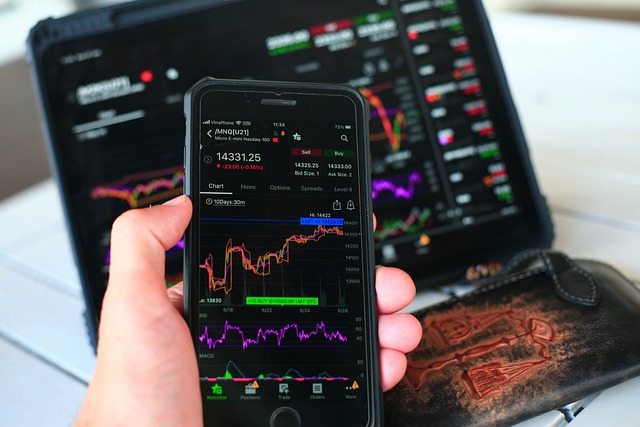How Do Stock Prices Change After an IPO?
Going public, or launching an Initial Public Offering (IPO), is a major milestone for any company. However, the biggest question for investors is: “How do stock prices change after an IPO?” The answer depends on several factors. Let’s dive into the key elements that influence post-IPO stock movements!
1. First-Day Effect: Hype and Demand Surge
Newly listed stocks often see a significant surge in demand on their first day of trading. If investors believe in the company’s potential, high demand can cause prices to spike—a phenomenon known as the “IPO premium.” However, in some cases, especially if the stock is overpriced, prices may drop on the first day.
2. Company Fundamentals and Financial Health
The company’s financial stability, growth plans, and market position play a crucial role in post-IPO performance. Stocks of companies with strong balance sheets and promising business models tend to appreciate over time. On the other hand, firms with high debt or unclear growth strategies may experience price declines.
3. Market Conditions and Economic Factors
General market conditions also have a significant impact on stock prices after an IPO. If the stock market is in a bullish trend, newly listed stocks are more likely to perform well. However, during times of economic uncertainty or downturns, IPO stocks may struggle to gain momentum.
4. Institutional vs. Retail Investor Behavior
The type of investors buying IPO shares matters. Institutional investors (such as funds, banks, and large firms) tend to take long-term positions, while retail investors can create short-term volatility. If major funds and institutional investors accumulate shares, stock prices may stabilize.
5. Lock-Up Period Expiration and Selling Pressure
Many IPOs include a lock-up period, during which major shareholders (such as company executives and early investors) cannot sell their shares—typically for six months. When this period ends, a wave of selling pressure may push stock prices down. Tracking these lock-up expiration dates is crucial for investors.
6. Company Performance and Future Outlook
After an IPO, the company’s ability to meet its financial targets significantly impacts stock performance. If the company delivers on its promises, investor confidence grows, supporting stock prices. However, failing to meet expectations can lead to declines.
Conclusion: Are IPOs a Short-Term or Long-Term Play?
Post-IPO stock prices can be highly volatile in the short term. However, for long-term investors, factors such as company fundamentals, growth strategies, and market conditions are more important. Doing thorough research before investing in an IPO stock is always the smartest move!
Have you ever invested in an IPO? Share your experience in the comments!




